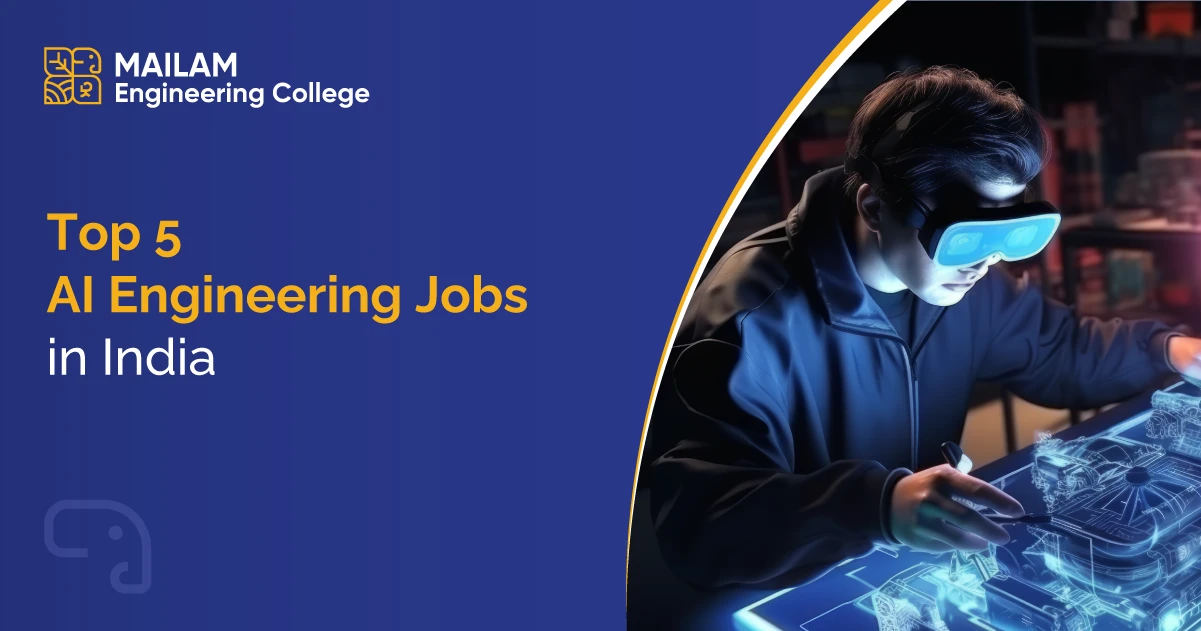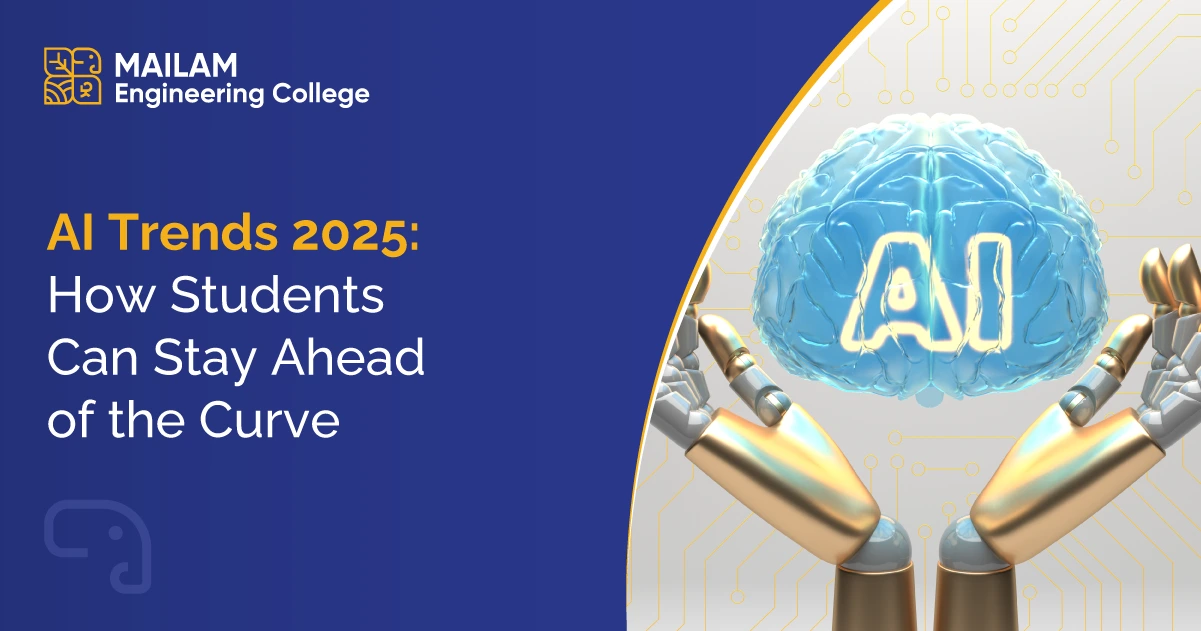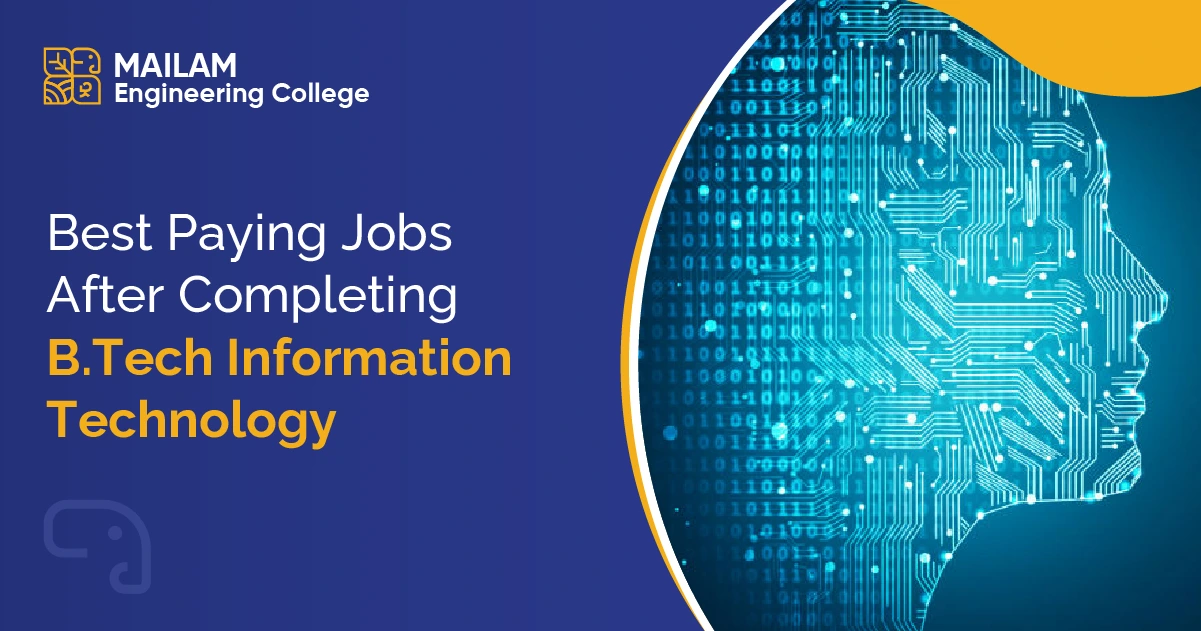Graduating with a B.Tech degree is a major milestone, but what comes next? If you are passionate about research, interested in industry placements, or dreaming of entrepreneurship, there are a multitude of career opportunities after B.Tech that await you. This complete guide will walk you through all the possible paths, helping you make a decision based on your goals, interests, and strengths.
Why Planning Your Career After B.Tech Matters
A B.Tech degree opens the doors to a world of possibilities, but navigating these choices can be overwhelming. Many students face the dilemma of whether to pursue higher studies, enter the workforce, prepare for government exams, or even launch their own startup.
The earlier you start planning, the better positioned you’ll be to take advantage of emerging trends, technologies, and job roles.
1. Campus Placements – A Launchpad to Your Career
One of the most straightforward career opportunities after B.Tech is through campus placements. Most top engineering colleges invite reputed companies for on-campus recruitment.
Key Industries Hiring B.Tech Graduates:
- IT and Software (e.g., Infosys, TCS, Wipro, Accenture)
- Core Engineering (e.g., L&T, Siemens, BHEL)
- Electronics and Telecommunication (e.g., Qualcomm, Intel)
- FMCG and Manufacturing (e.g., Hindustan Unilever, Maruti Suzuki)
- Data Analytics and Consulting (e.g., Deloitte, EY, KPMG)
Benefits of Campus Placements:
- Early job security
- Exposure to real world interviews
- Opportunities to work with leading brands
- Competitive starting salaries
2. Higher Education – Expanding Your Knowledge Base
If you’re inclined toward academic growth and specialisation, pursuing higher studies can open doors to research, teaching, and niche roles in the industry.
Options for Higher Education:
- M.Tech/MS: Deepen your engineering expertise
- MBA: Transition into management roles
- M.S. Abroad: Explore global learning experiences
- Specialised Diplomas: AI, Data Science, Cybersecurity, etc.
Why Consider Higher Studies?
- Competitive edge in the job market
- Access to better pay packages
- Career pivoting opportunities
- Eligibility for academic and R&D roles
Higher education is a common route chosen by Mailam Engineering College alumni, particularly those seeking roles in academia or advanced technical positions.
3. Government Jobs – Stability with Prestige
Another prominent set of career opportunities after B.Tech lies in the government and public sector undertakings (PSUs). These jobs offer job security, societal respect, and structured career growth.
Top Exams for B.Tech Graduates:
- GATE: For PSU recruitment and M.Tech admissions
- SSC JE/AE: Junior Engineer/Assistant Engineer roles
- ISRO, DRDO, BARC: Scientific and research institutions
Advantages:
- Job security and pensions
- Work – life balance
- Service to the nation
- Opportunities in R&D
Students from Mailam Engineering College regularly appear in GATE and other government exams with full support from faculty and alumni.
4. Entrepreneurship – Building Your Own Path
The startup ecosystem in India is booming, and engineering graduates are at the top of this revolution. If you have a business idea and the passion to solve real – world problems, entrepreneurship could be your calling.
What You Need:
- A scalable idea
- Business model understanding
- Initial funding or angel investors
- Mentorship and incubation support
Colleges like Mailam Engineering College often provide entrepreneurship cells (E-Cells), startup mentorship programs, and incubation support to help young innovators get started.
Famous B.Tech Entrepreneurs:
- Bhavish Aggarwal (Ola)
- Sachin Bansal (Flipkart)
- Ritesh Agarwal (OYO)
Remember, some of the most successful companies in the world were founded by engineers who dared to think differently.
5. Private Sector Jobs – Diverse and Dynamic Roles
Engineering graduates are valued across multiple industries and functions beyond traditional tech roles. With the rise of Industry 4.0, fields like AI, IoT, robotics, and digital transformation are expanding the horizon.
Emerging Job Roles for B.Tech Graduates:
- Software Developer
- Data Analyst / Data Scientist
- Cloud Engineer
- Embedded Systems Engineer
- DevOps / Site Reliability Engineer
- Product Manager
- Automation Test Engineer
Top Sectors:
- IT and SaaS
- EdTech and FinTech
- Manufacturing and Automation
- E-commerce
- HealthTech
Mailam Engineering College’s career guidance and placement department frequently organises industry talks, seminars, and skill training sessions to ensure students are ready for these expanding roles.
6. Civil Services – A New Dimension to Engineering
Many B.Tech graduates opt for civil services, bringing analytical and logical thinking to administrative roles. The most desired path is the UPSC Civil Services Examination.
Services to Target:
- IAS – Indian Administrative Service
- IPS – Indian Police Service
- IFS – Indian Foreign Service
Why Engineers Do Well in UPSC:
- Strong problem-solving and analytical skills
- Technical background helps in subjects like Geography, Engineering optional, etc.
- Proven discipline and work ethic
Mailam Engineering students with a passion for public service often explore this path with guidance from alumni who’ve taken the same route.
7. Study Abroad – Global Exposure, Global Careers
Another exciting set of career opportunities after B.Tech lies in pursuing studies or jobs abroad. Countries like the USA, Germany, Canada, and Australia welcome skilled engineers with open arms.
Popular Exams for Studying Abroad:
- GRE / TOEFL / IELTS – for Masters
- GMAT – for MBA
- DAAD – for German universities
Perks of Studying Abroad:
- Higher quality education
- Diverse job market
- Exposure to innovative research
- Cross-cultural networking
With support from Mailam’s international relations and alumni network, students have successfully enrolled in top universities and global tech giants.
8. Research and Development – Pioneering Innovation
R&D roles are perfect for students who enjoy solving theoretical problems and building next-gen solutions. From developing new materials to AI algorithms, research careers are intellectually fulfilling.
Where You Can Work:
- Government labs (ISRO, DRDO, CSIR)
- Corporate R&D divisions (Samsung, IBM, Google)
- Academic research (IITs, foreign universities)
Required Skills:
- Deep subject knowledge
- Data analysis and simulations
- Patience and persistence
If you’re someone studying in college who thrives in curiosity environments, research is a long term, rewarding career path.
9. Freelancing and Remote Work – The Future of Flexibility
Thanks to platforms like Upwork, Fiverr, and Toptal, freelancing is a viable career option post – B.Tech. IF you’re into coding, design, writing, or AI – remote work lets you be your own boss.
Skills That Fit Freelancing:
- Web and App Development
- UI/UX Design
- SEO/Digital Marketing
- Machine Learning Projects
- Content Writing
Benefits:
- Location independence
- Time flexibility
- Unlimited earning potential
Mailam students are encouraged to explore such modern paths via project-based learning and skill development workshops.
10. Certification Courses – Quick Upskilling for Niche Roles
Sometimes, a short term certification can make a huge difference in employability. If you feel you’re lacking in trending technologies, consider these programs:
Popular Courses:
- Google Data Analytics
- AWS / Azure Cloud Certifications
- Certified Ethical Hacker (CEH)
- DevOps / Kubernetes Training
- PMP – Project Management Professional
Advantages:
- Job ready skills
- Boosted confidence in interviews
- Competitive edge
Mailam’s training and placement wing frequently collaborates with ed-tech partners to ensure students stay current in their skills.
A Quick Recap: Top 10 Career Paths After B.Tech
| Career Path | Description |
| Campus Placements | Job roles through college recruitment |
| Higher Education | M.Tech, MBA, MS abroad |
| Government Sector | GATE, IES, ISRO, DRDO, SSC, PSU jobs |
| Entrepreneurship | Build your own startup |
| Private Sector Jobs | Tech, product, analytics, and more |
| Civil Services | UPSC, State PSC roles for national administration |
| Study Abroad | Global education and work experience |
| Research & Development | Academic and industrial innovation roles |
| Freelancing/Remote Work | Flexible, project-based global opportunities |
| Certification Courses | Specialised, quick upskilling programs |
How Mailam Engineering College Supports Your Career
At Mailam Engineering College, we go beyond academics. We believe every student deserves the right tools, training, and guidance to shine after graduation. Here’s how we support your career journey:
- Placement Training: Aptitude, technical, and interview skills enhancement
- Career Counselling: 1-on-1 guidance on your strengths and paths
- Industry Connect: Regular webinars, internships, and industrial visits
- Entrepreneurship Cell: Support for aspiring startup founders
- Global Outreach: Tie-ups with universities for higher studies abroad
- GATE & Competitive Exam Support: Coaching and materials for PSU/Govt. exams
Our alumni have gone on to work at companies like Infosys, Amazon, L&T, and even start their own ventures. The Mailam spirit stays with you in innovation, integrity, and impact.
Final Thoughts
Choosing the right path after B.Tech can be daunting, but the possibilities are endless if you take a strategic and self-aware approach. Keep in mind that career opportunities after B.Tech are not limited by your degree.
They are shaped by your curiosity, willingness to learn, and how well you adapt to change. Make use of the resources available, stay connected with mentors, and never stop evolving. The journey after your B.Tech degree is just the beginning – your real career starts now.
FAQs
1. What are the best career opportunities after B.Tech?
Depending on your interests, you can pursue placements, higher studies (M.Tech/MBA/MS), government jobs, civil services, freelancing, or even entrepreneurship.
2. Should I do an M.Tech or MBA after B.Tech?
M.Tech is ideal if you want to deepen your technical expertise; MBA is suitable if you’re eyeing managerial or business roles.
3. Is GATE mandatory for career opportunities after B.Tech?
Not mandatory for all roles, but GATE is essential for PSU jobs and higher studies in premier institutes like IITs.
4. Can I get a job abroad after B.Tech?
Yes, with the right certifications and exams (like GRE, TOEFL), you can pursue education and job opportunities globally.
5. How does Mailam Engineering College help with placements?
Mailam provides pre-placement training, industry exposure, and a strong recruiter network to help students land their dream jobs.




![What is the AI Engineer Salary in India? [Complete 2025 Guide]](https://mailamengg.com/wp-content/uploads/2025/07/AI-Engineer-Salary.webp)





